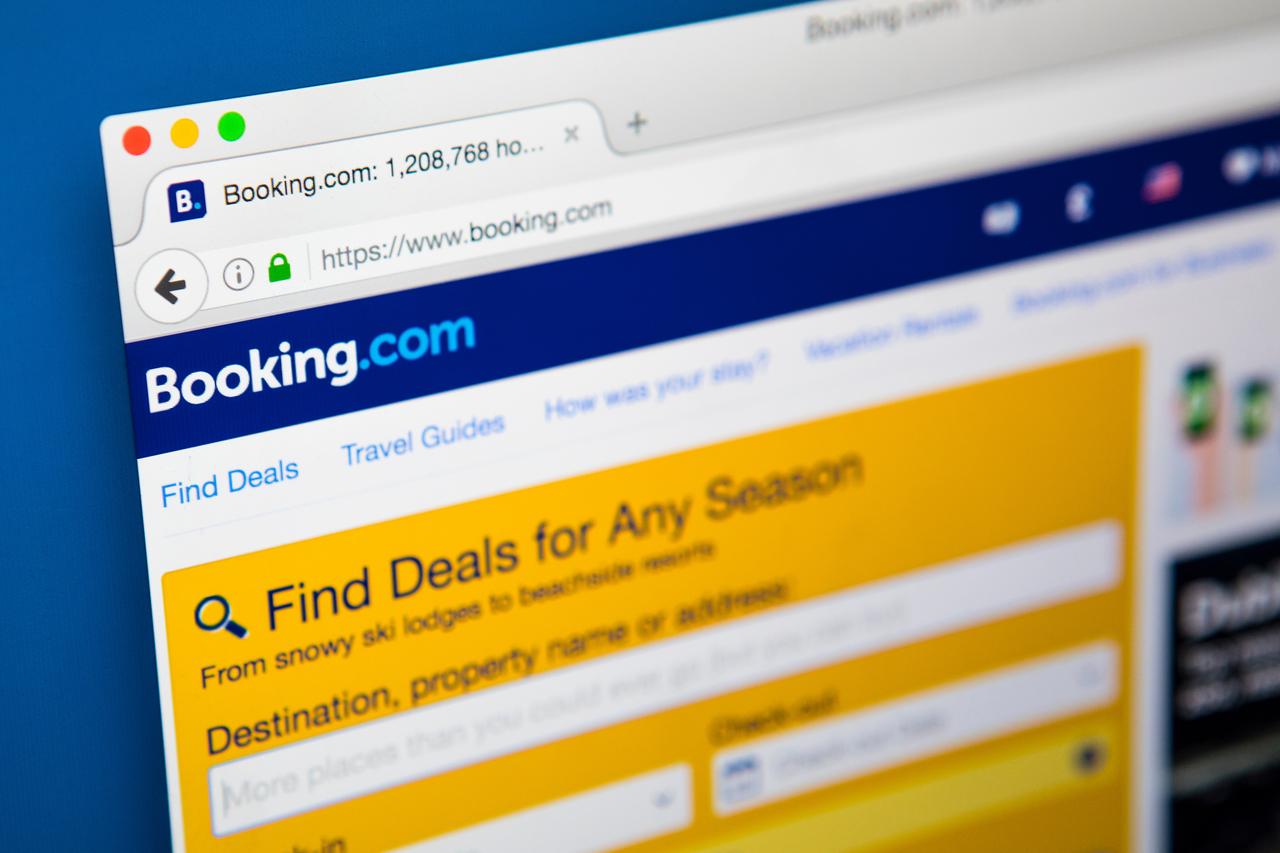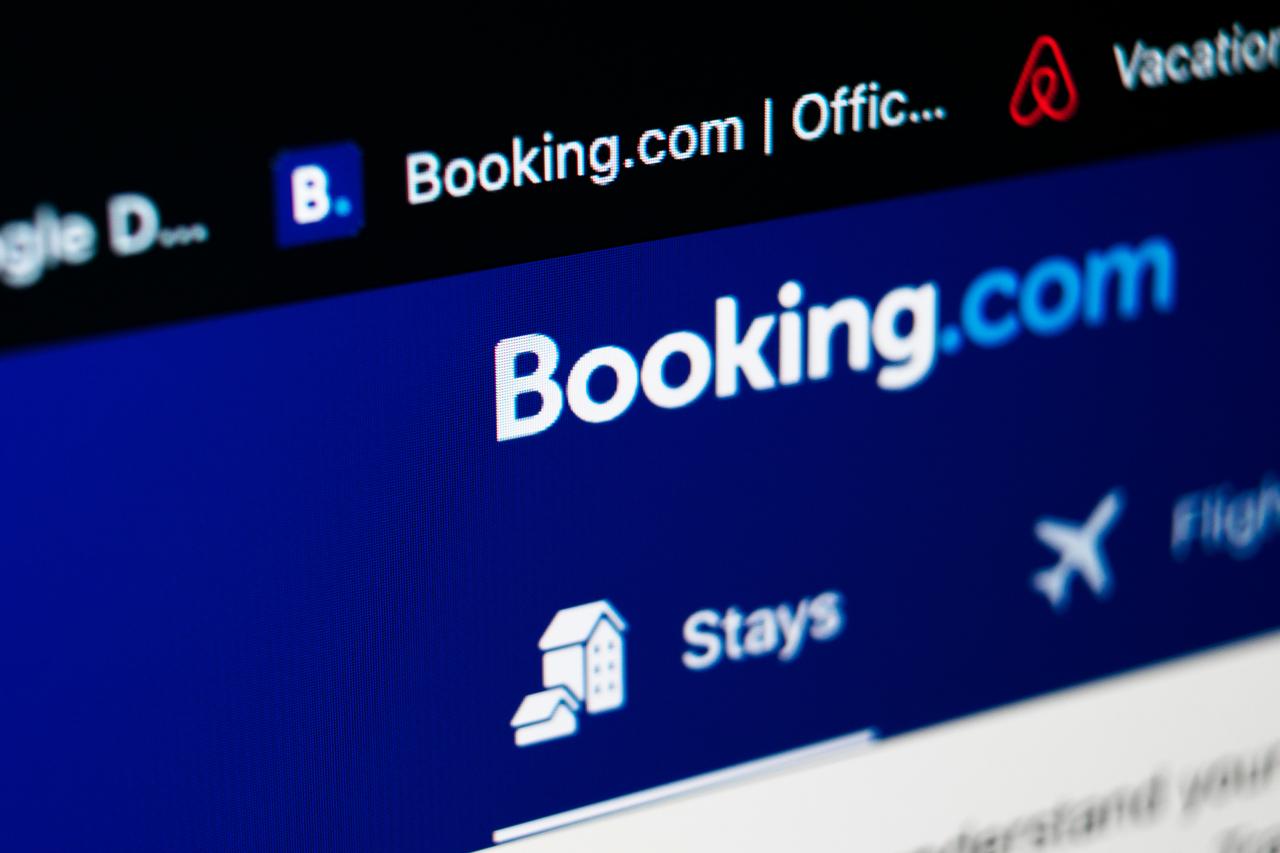
More than 10,000 hotels across Europe have joined a class-action lawsuit against Booking.com, accusing the company of distorting the market for two decades through “best price” clauses.
The action is led by the Association of Hotels, Restaurants and Cafes in Europe (Hotrec) and backed by 30 national hotel associations, including those in Britain, Ireland, and Germany.
One of largest legal cases in European hospitality
Hotrec has extended the deadline for hotels to join the lawsuit until August 29 due to strong interest.
The case will be heard in Amsterdam and seeks damages for the period from 2004 to 2024, when Booking.com ended the clauses under the EU Digital Markets Act.
“This joint initiative sends a clear message: abusive practices in the digital market will not be tolerated by the hospitality industry in Europe,” said Hotrec president Alexandros Vassilikos, as reported by DW.

The clauses prevented hotels from offering lower rates on other platforms, including their own websites.
Hotrec said hotels faced “huge pressure” to accept the pledge, which Booking.com also used to block “free-rider” bookings, where guests found hotels on the site but booked directly.
Booking.com denies the claims. In a statement, the company said, “Each of our accommodation partners is free to set their own distribution and pricing strategies and can offer their rooms wherever they choose.”
It called industry statements “incorrect and misleading” and said it had not received formal notice of a lawsuit.
While Booking.com argues that the clauses “served to foster competitive pricing rather than restrict it,” critics say the company’s market dominance allowed it to raise commission rates and cut into hoteliers’ margins.
“For a room that the customer pays €100 for, if you take away Booking’s commission, the hotelier receives €75 at best,” said Véronique Siegel of French hospitality group Umih.
Booking.com’s market share, position in European hospitality
A study by Hotrec and the University of Applied Sciences and Arts Western Switzerland shared their findings:
Legal experts expect the case to be lengthy and complex. Rupprecht Podszun, director of the Institute for Competition Law at Düsseldorf’s Heinrich Heine University, called it “a revolt of the hotels” but warned that proving damages would be difficult.

These security incidents are not the only source of criticism for the company.
Beyond the risks to customer data and financial safety, Booking.com has also faced sustained condemnation for its business activities in politically sensitive and legally disputed regions.
1. Cybersecurity breaches and scams targeting Booking.com customers
In late June 2025, cybersecurity experts and regulators warned of scams where criminals used Booking.com’s own platform to contact guests and demand payments.
In the UK, Action Fraud recorded 532 reports between June 2023 and September 2024, with victims losing £370,000 in total, as reported by the Guardian.
Hackers are believed to have gained access to hotel systems through phishing, allowing them to send convincing messages through official channels. The messages often warned that reservations were at risk unless guests paid immediately.
Booking.com said scams were on the rise across the e-commerce sector and that it invests in cybersecurity. It advised customers to double-check payment policies and avoid clicking on links outside its app or website
2. Human rights concerns over listings in illegal Israeli settlements
Investigations by the Guardian in February 2025 and by Dutch non-profit Somo in 2024 found Booking.com listing dozens of hotels in Israeli settlements in the occupied West Bank, which are illegal under international law.
Human rights groups accuse the company of enabling war crimes and apartheid by profiting from tourism on occupied land.
Amnesty International said companies doing business in settlements are “enabling a war crime and helping to prop up Israel’s system of apartheid.” Human Rights Watch warned that such activity contributes to forced displacement, land grabs, and restrictions on Palestinians.
Dutch prosecutors are reviewing a criminal complaint accusing Booking.com of laundering profits from these listings through the Dutch financial system. Somo said the company had “no intention whatsoever” of ending the practice.
Booking.com said it believes it is up to travellers to decide where to go and that it provides conflict advisories for disputed areas. The company says it will permit listings anywhere unless legally prohibited.
The controversy has persisted for years. A 2019 Amnesty International report named Booking.com among companies profiting from settlements and called for an end to such listings.
3. Public criticism over COVID-19 aid request and data security issues
In April 2020, Booking.com applied for Dutch government COVID-19 aid despite holding $6.3 billion in cash and paying large sums to shareholders.
The move drew sharp criticism from the public and politicians. The company later withdrew the request but cut 25% of its global workforce.
In 2022, researchers at Salt Labs found flaws in Booking.com’s login process that could have allowed account takeovers. The company resolved the issue quickly.
In 2023, the BBC reported on fraudsters using stolen hotel login credentials to target guests through official channels and spoofed websites. Cybercriminals were reportedly offering up to $2,000 for hotel account access, underscoring the scale of the problem.
To be continued...
The outcome of the lawsuit could take years, with appeals and complex damage assessments expected.
For now, Booking.com continues to dominate Europe’s online accommodation market while facing ongoing legal and reputational challenges across multiple fronts.